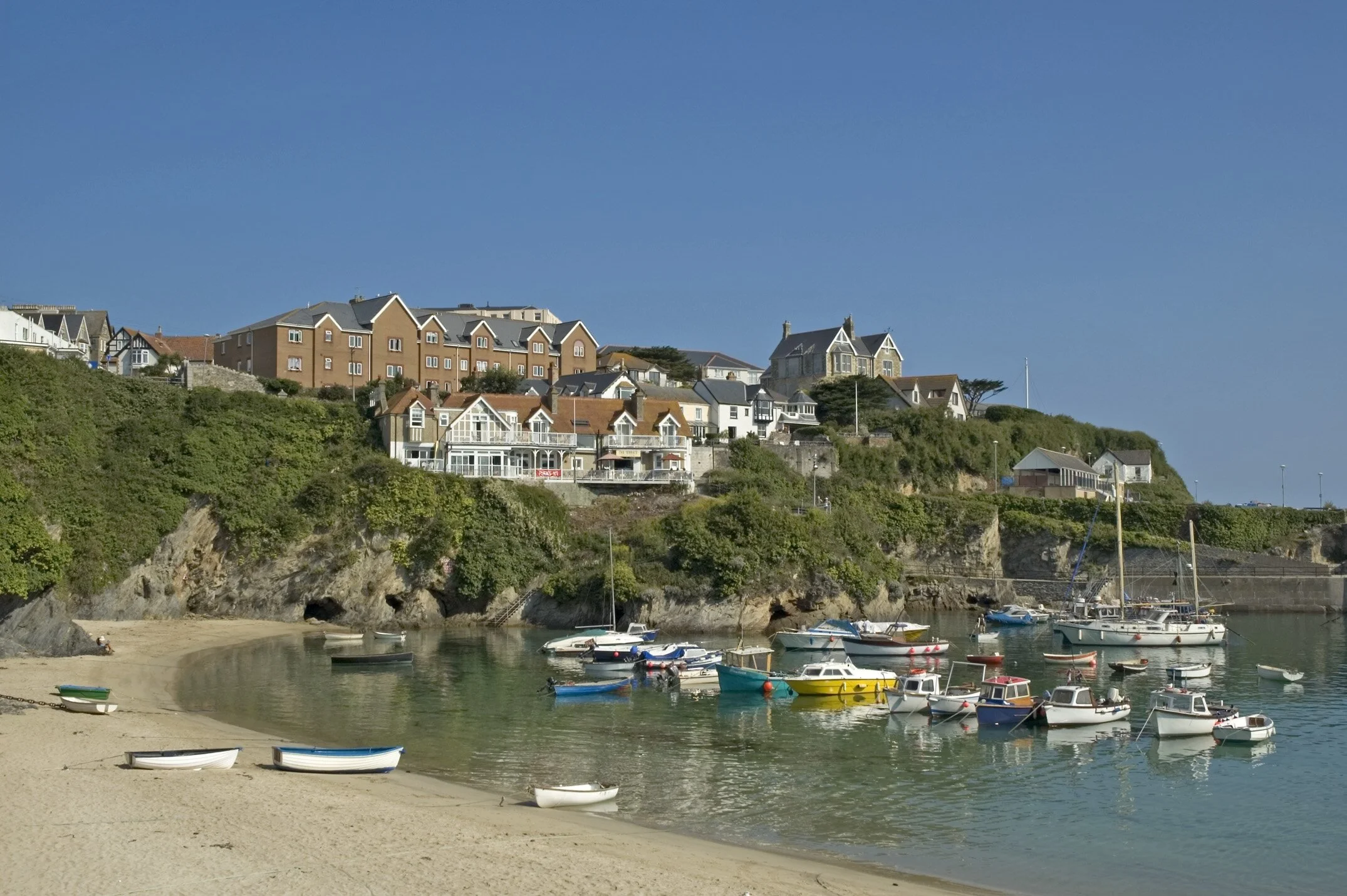History of the Harbour Mission
On 5th October 1883 a “Book Bag Mission” was started at Newquay Harbour, which consisted of Christian books and tracts and other “improving” books which were taken to ships in the harbour for the crews to read when off duty.
It was then decided to erect a wooden building on the harbour so that there would be a place where crews could go, near their ships, to read the daily paper and borrow “good” books and Christian literature.
Miss Ellen James was the lady who led the group who wanted to start this work, and by 1st July 1891 the shelter was opened at a cost of £125. A library was set up and a Missioner employed, which allowed a service to be held on Sundays for the fishermen and seamen, who felt free to attend in their working clothes.
In 1929 Newquay Urban District Council took over the harbour, allowing the PSA (Pleasant Sunday Afternoon) Services to continue in the building. In 1932 the PSA took over the management of the building and since then it has been known as the PSA or The Harbour Mission.
In 1982, with a dwindling congregation, Mr. Cliff Hare, a Methodist Minister, was asked to take on the responsibility of the Harbour Mission and ensure that it was used for Christian work. After prayer with the sole remaining tenant and trustee, new trustees were set up under the Charity Commissioners.
In 1992 room was needed for the new Lifeboat Station, but the cost of moving the Mission building was too expensive; The Royal National Lifeboat Institution offered to demolish the old building and build a new chapel as part of the Lifeboat Complex, using as much as possible of the interior of the old building. On 25th September 1994 the Harbour Mission re-opened in a new permanent building just a few feet away from where the old wooden Chapel had stood for over 100 years. The Newquay Lifeboat Station is the only one in the world that has a Chapel as part of its structure.
The Harbour Mission continues to be used to open its doors to the fishermen, holiday makers and locals alike, offering shelter and refreshment, Christian literature, and prayer as required.
It is also used by some churches for services and events at various times throughout the year.
